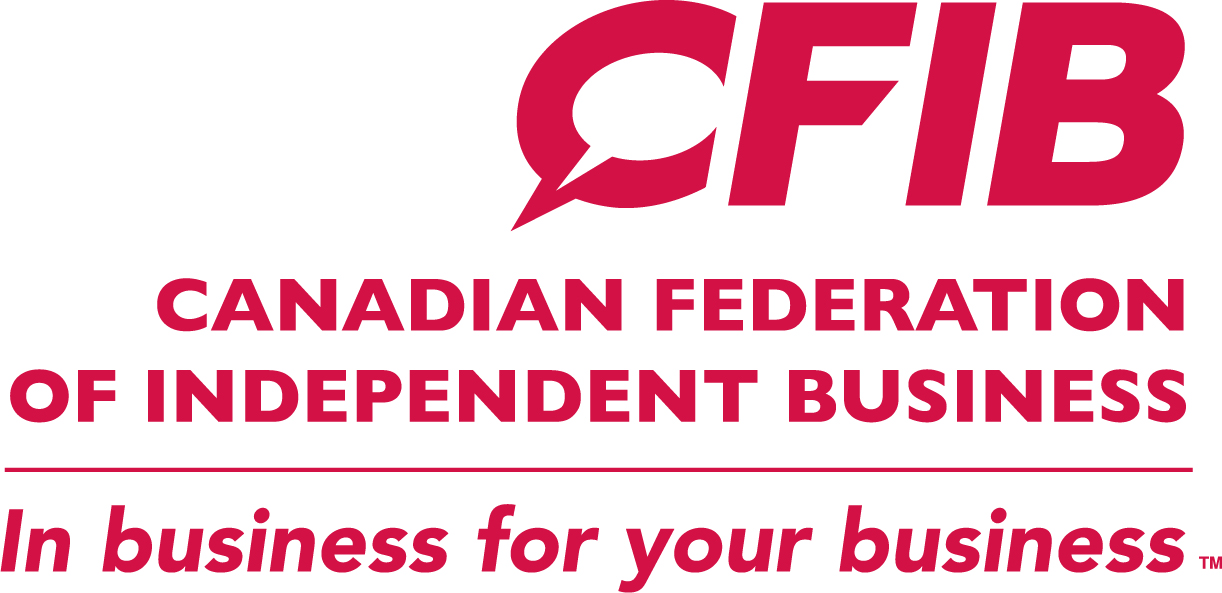Politicians get new perspective on foreign workers
TORONTO, July 29, 2013 /CNW/ - Following recent worrisome changes to the Temporary Foreign Worker Program (TFWP), the Canadian Federation of Independent Business (CFIB) gave federal politicians a fresh perspective on the issue this week. CFIB sent each of Canada's 308 Members of Parliament (MPs) a copy of Making It Work: Real stories of small business and foreign workers, a compilation of stories from Canadian small businesses that depend on the program.
"I would probably have to shut down my business if not for temporary foreign workers," said Alan Champagne, who owns and runs Eco-Flex® Recycled Rubber Solutions in Legal, Alberta. "For whatever reason, most Canadians don't seem to want these jobs. I've looked high and low for Canadian workers, but rarely find one. I depend on the temporary foreign workers I've hired to make my business run and I don't see that changing in the near future."
Champagne is one of several small business owners featured in Making It Work. He says the downside to the booming resource industry in some provinces is that workers can command very high wages, but it forces him to pass up business opportunities because he can't find enough general labourers to work in his shop. Eco-Flex has thirty employees, eight of which are TFWs.
Recently, the TFWP received negative media attention when it was reported that a bank used the program to facilitate outsourcing of jobs overseas. This led to changes that made the program slower and more costly, with the federal government promising more changes to come. Small businesses that use the program to fill legitimate labour needs are concerned that a process that is already long and expensive will be put completely out of reach.
"We want to avoid a classic 'throwing the baby out with the bathwater' scenario," said CFIB president Dan Kelly. "While the program may have been mis-used by a few large companies, small firms use it to fill in gaps where no Canadians are able or willing to work. These are stories of need, not greed."
The stories reflect the realities of a number of different industries in different parts of the country. The common thread is a shortage of Canadian workers and the need to fill positions in order to protect the existing jobs in small firms. Also heard are the voices of foreign workers participating in the program, who share what the program has meant to them.
Concludes Kelly, "The TFWP is absolutely essential for many small businesses. Just because some big companies may be abusing the system, let's not penalize the small businesses that use the program properly by adding new fees and red tape that could shut out Canada's entrepreneurs."
CFIB is Canada's largest association of small and medium-sized businesses with 109,000 members across every sector and region.
SOURCE: Canadian Federation of Independent Business

For more information, please contact Gisele Lumsden at 416-222-8022 or by email at [email protected].

Share this article